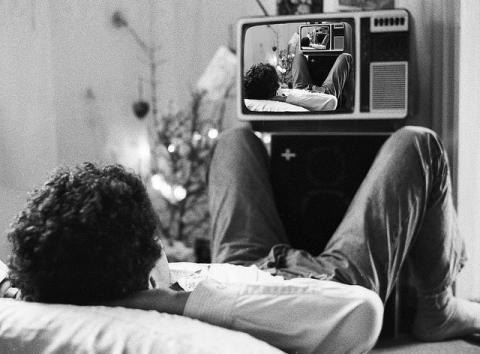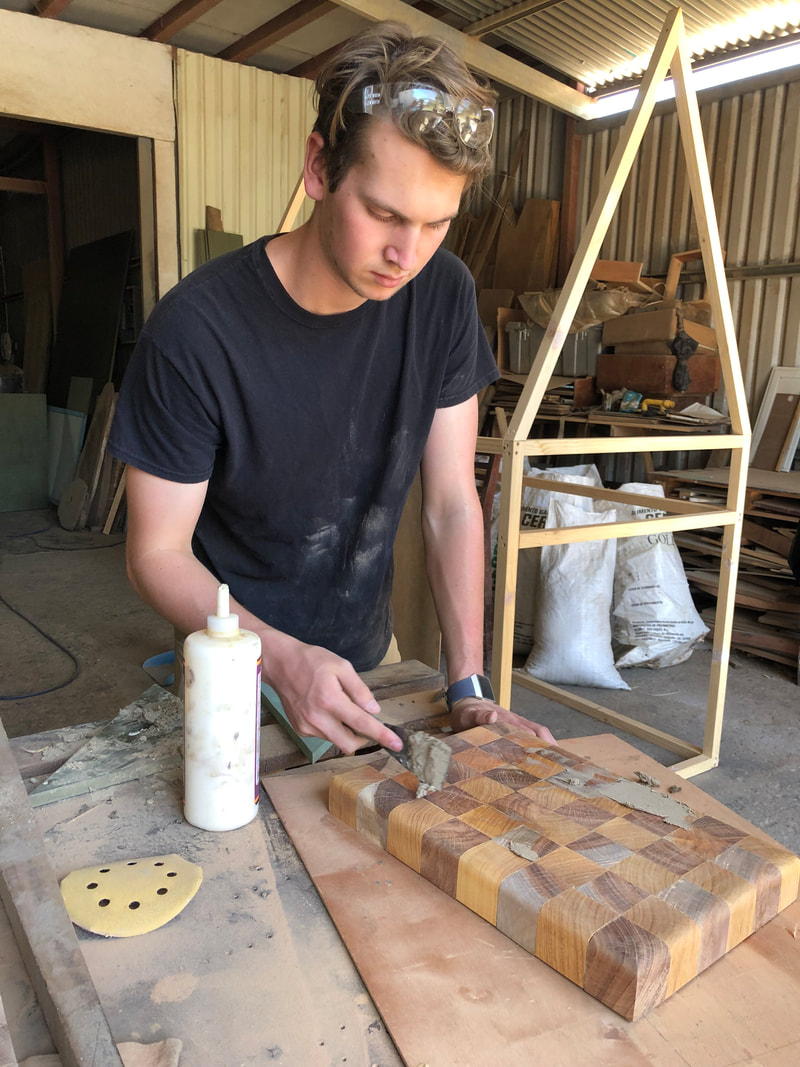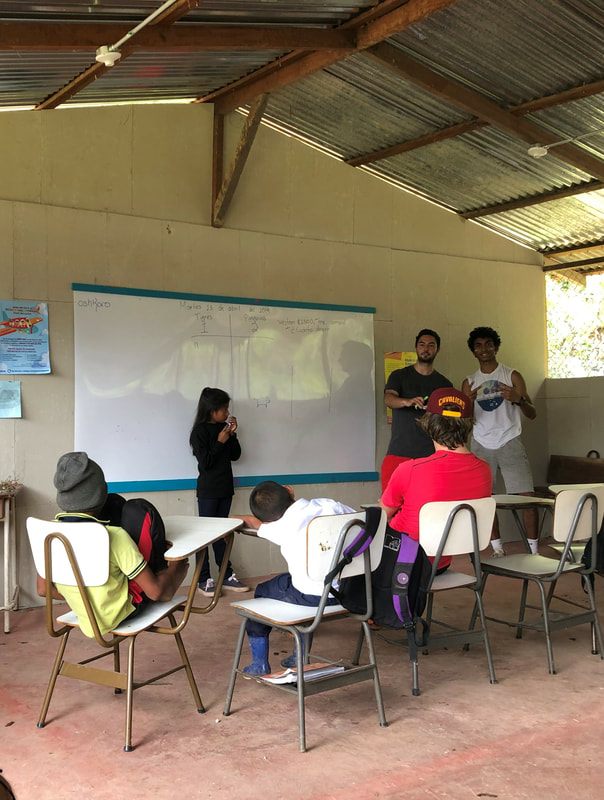|
Some studies say that youth from 30 or 50 years ago are no different than youth today, in terms of their preferences and struggles. Others speak of drastic increases in mental health issues in this age group and severe difficulties transitioning to adult life. From talking to people in different corners of the world about youth growing up nowadays, there seems to be a generalized concern about the effects of the virtual world (i.e. screens connected to the internet) in young people’s psyche. Overall, most of these people seem to believe that the virtual world functions like kryptonite in youth when it comes to having the fortitude to deal with the non-virtual world (or real world). I recently heard a similar argument in the show “Hidden Brain” from NPR. I strongly recommend you give the episode I’m linking a listen, but if you don’t have the time, just listen to the first 3 minutes. Here’s the link: https://www.npr.org/2019/02/05/691697963/close-enough-the-lure-of-living-through-others
Heather Tracy, our executive director, and I had presented at a conference on this issue. We had proposed that when it comes to the virtual world, there’s a “rich get richer, and poor get poorer” dynamic. This means that those with the built-in skills to learn independently, socialize effectively and manage time efficiently, tend to use the virtual world to enhance their ability to accomplish their goals. Conversely, those who lack the above-mentioned skills, are sucked into or “used” by the virtual world as helpless consumers. Those in this category won’t build on and grow from the virtual world, but instead will increase their insecurity, avoidance, and anxiety. What’s the antidote? The world itself. I imagine this works like real nutrition and supplements. If you have good nutrition, taking supplements can be a good thing, but if you don’t eat well, taking just supplements can make one’s health even worse. In a world where the virtual is rapidly overpowering the real, we cannot stress strongly enough how important it is for youth to equip themselves with skills to confront, enjoy and learn from the real. Through the Supportive Immersion approach we use at The Bridge, we design supported experiences that allow young people to remain in a zone of optimal learning while they acquire crucial skills to function and succeed in the hectic globalized society we live in. Each person has a unique way to approach the world and problem-solve; we help each of our students find that style, master it and take it with them where they go. Thus, we work on our students going from “outsourcing (their) lives to virtual alter egos” as they say on this episode of Hidden Brain, to reclaiming their agency and embracing and transforming the world.
0 Comments
|
Categories
All
Archives
April 2024
|



 RSS Feed
RSS Feed